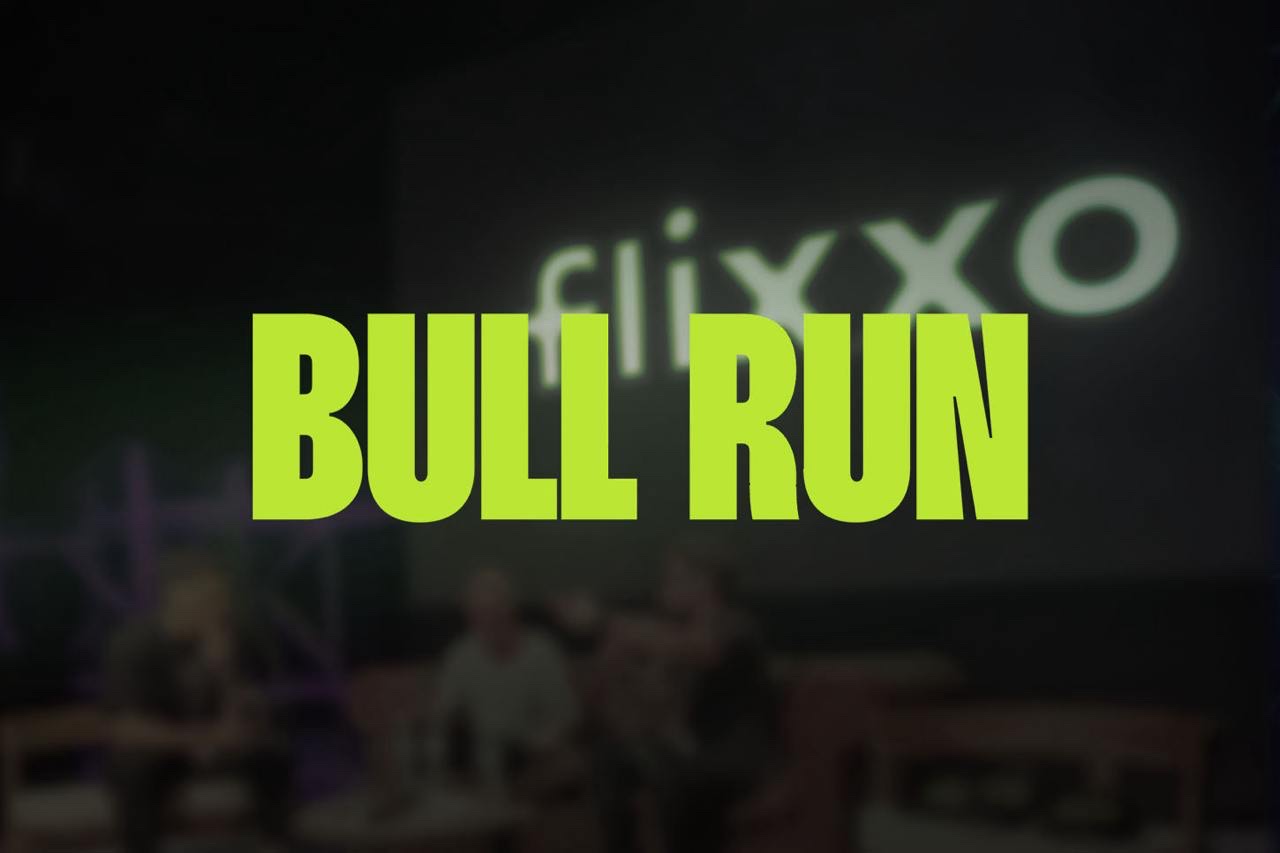The evolution of modern technology lies in the hands of blockchain and artificial technology (AI) since at the moment almost everything tech-related relies on computer software. Both blockchain and artificial intelligence are cutting edge technologies that have attracted increasing attention due to the irreplaceable role that they play in technological innovation and industrial transformation.
Introduction to Blockchain and AI
Blockchain comes onto the tech scene with a distributed point-to-point system that uses a secure and verifiable mechanism for decentralized transaction validation. Despite it being a newcomer, blockchain has established its position as a game changer and trendsetter in multiple fields such as finance, internet of things, edge computing, cloud computing, and large data.
Artificial intelligence is the tech that makes machines smart enough to come close to human intelligence so that they can perform tasks on their own. Just like blockchain, AI is also setting its own pace by bringing in a paradigm shift in areas such as data management, personalization features, future prediction, real-time assistance, error reduction, data mining, and others.
Merging the two Technologies
So, what would happen if we were to merge these two technologies?
A feasibility analysis of the integration of blockchain and AI will reveal that this merger is complementary. This means that blockchain provides a trustworthy foundation for AI while AI provides the landing conditions for blockchain.
If blockchain was to empower artificial intelligence, some of the advantages projects should expect are:
- Transparent and reliable data sources
- A strong fairness guarantee
- Efficient autonomy
- Privacy protection
- Distributed computing power
If artificial intelligence was to empower blockchain, some of the advantages projects should expect are:
- Higher security
- Better data management
- Improved energy consumption
- More scalability
- New data gates
- Enhanced efficiency
Highlighted and technically compared in the section below are some of the top blockchain-AI projects setting a foundation for a new business era.
Leading Blockchain Projects Championing the Blockchain/AI Merger
AIWORK
AIWORK is a blockchain network that facilitates a marketplace of crowdsourced AI Human Experts to help create, verify, and validate AI data sets that make AI smarter. The project is leading the blockchain-AI technological revolution through the strides they have made thus far in their upcoming video content platform. A recently concluded alpha testing of their AI client node and marketplace pushed the limits of machine learning and proved that AI can learn with time showing that enhanced capabilities exist in the artificial intelligence field.
The project team realized that through blockchain technology, information is well protected thanks to its inherent encryption thereby a combination of this with artificial intelligence would help store personalized recommendations for video content. Therefore, by bringing AI into the video content ecosystem, the machines can learn and sharpen their skills to improve on the tasks assigned, in this case, improving user experience in the video content space.
The information publicly available on the project paints a clear picture of how AIWORK will use AI Computer Vision algorithms running on nodes using CPU/GPU resources. These will help to scan media files, generate enhanced metadata including time-coded tags, classification, categories, transcripts and translations, and an index of the video objects. AIWORK is also applying blockchain technology to content and the underlying metadata that powers content cataloging, indexing, search, discovery, trade, and monetization.
The combined capabilities of Blockchain and AI in AIWORK provide a decentralized video open network and search engine that could act as a check and balance on the dominating companies like Facebook, Google, Netflix, and others.
SingularityNET
Dubbed the home of benevolent artificial intelligence and artificial general intelligence, SingularityNET is decentralizing the creation and applications of AI while progressively moving the world towards Artificial General Intelligence. The project is combining AI and blockchain to help create a decentralized AI marketplace that will foster the creating and financing of AI projects. SingularityNET has made a name for itself already in AI circles as it has been developed to serve the role of a global network for AI algorithms. Also, the project team is quite famous as they were part of the larger team that developed Sophia, the world’s first AI humanoid robot.
Their marketplace helps companies and developers build their AI projects as well as enabling them to sell algorithms, data, tools, and services. The combination of AI with blockchain shifts innovation from traditional silos of power to an exponentially more powerful system of distributed creativity and governance. SingularityNET is creating the frameworks and technologies for this shift.
PulseMed
Built on Polkadot, PulseMed is defined as one of the leading providers of AI enhanced medical care. The project is focused on building a reputable medical data archive and sharing platform that will provide AI-enabled treatment and diagnostic capabilities for people in need all over the globe. The aim is combining blockchain technology and AI to work towards removing the restraints in medical facilities globally since this combination brings a state-of-the-art medical infrastructure to their doorsteps.
PulseMed achieves this global feat by facilitating medical data collection and ensuring the best treatment options are available to the users by integrating expertise and knowledge onto an online information sharing platform. By integrating the Pulse Platform into their ecosystem, the project enhances collaboration between practitioners, health facilities, and research centers. This helps with the dissemination of information, improve access to research and new findings to improve provision of advanced healthcare.
Some of the features that make PulseMed standout include:
- AI-Aided diagnostic information
- A multilingual medical records platform to aid in global adoption
- Embedded wallet functionality
- Telemedicine
Thought AI
Thought AI is building the future of information by providing adaptive artificial intelligence solutions for divergent organizations. The project has already developed and deployed new architecture designed to utilize and process data by integrating Artificial Intelligence, Blockchain, and Data to create powerful, intelligent systems.
A combination of AI, blockchain and data shows us how Thought AI is slowly but surely reimagining traditional analytics approaches by embedding data and information with artificial intelligence, allowing digital information to act on its own, essentially eliminating the application layer.
Summing it Up
Blockchain and artificial intelligence have claimed their position as two of the most cutting-edge technologies whose corresponding integration opportunities, in addition to their own advantages, can completely revolutionize information technology in the future.
The four Blockchain-AI projects analyzed above reveal how divergent the scope of operation can be from video content, to medicine, finance, and even big data. We can only hope for more disruptive tech trends to emerge from this Blockchain-AI combination to help refurbish how we live, work, learn, study, communicate, transport, and even think. Some of the future trends in Blockchain-AI that we hope to see include:
- Hybrid Architecture Combining On-Chain and Off-Chain Storage
- Balance between Performance Improvement and Security Guarantees
- Distributed Trust Construction
- Improved User Awareness and Enhanced Legal Regulations
From what we can see from trendsetters like the AIWORK project with their unique protocol and upcoming video content ecosystem, we can argue that these two technologies are meant to converge to help drive the development of autonomous business models and, with it, the digital transformation of industrial corporations.


